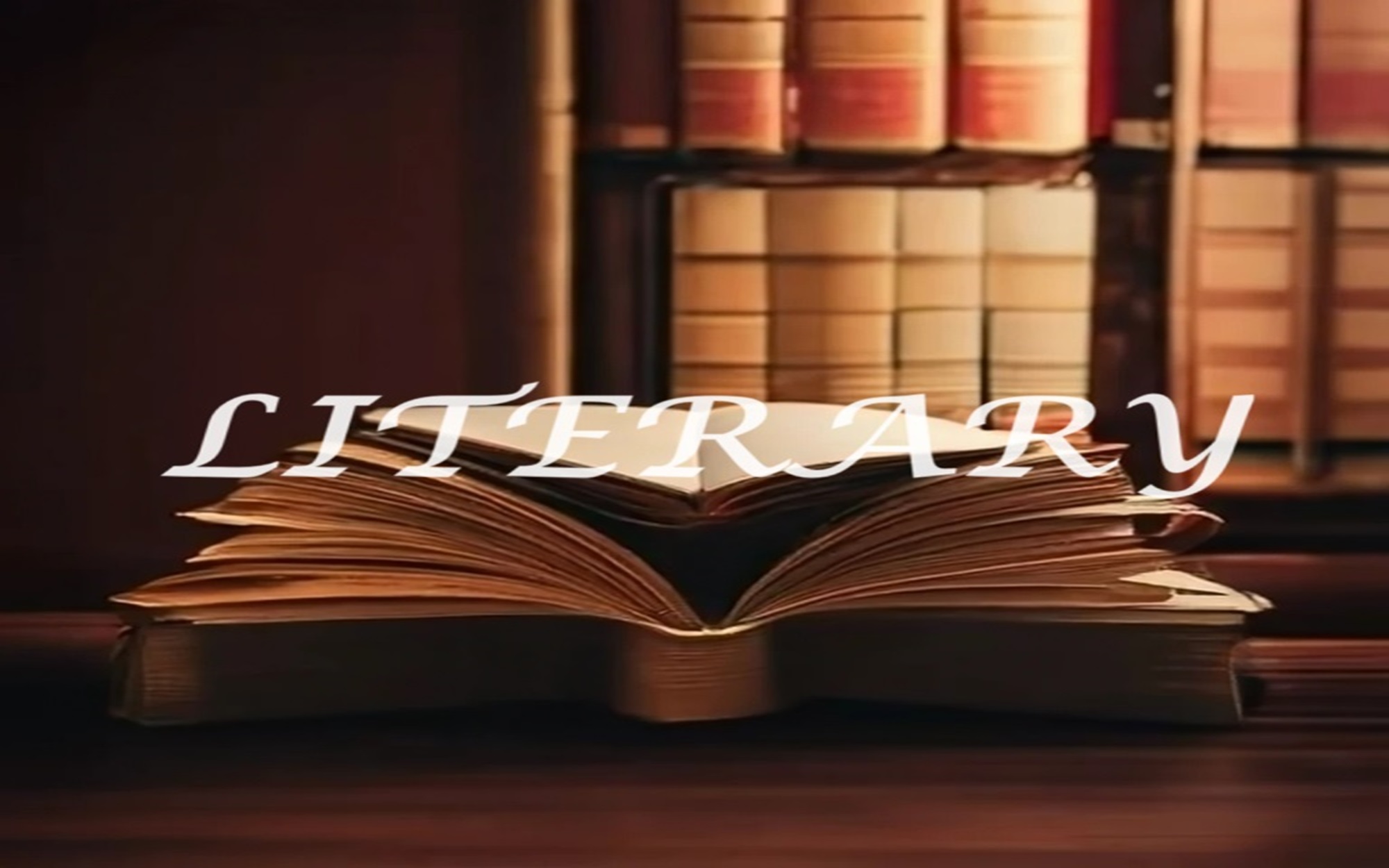Is modern English poetry synonymous with the poetry of revolt? There is another question hidden in the answer to this question. The hidden query is, can anyone fix the border of modern poetry? Or is it possible to define the actual borderline of the beginning of modern or contemporary poetry?
Modern or contemporary English poetry means poetry written in the present time. And present time means this very day, month, or this year. One noteworthy fact is the present time is constantly flowing because what is present today is past tomorrow. That means it is utterly difficult or nearly impossible to limit modern poetry to the outline of time. In its true sense, it covers a comparatively bigger or more extensive period.
Most researchers mark 1890 as the year of inception of modern English poetry.
The year also defined or marked the twilight point of Victorian poets. One of the leading Victorian poets, Robert Browning, breathed his last in 1889. However, top-tier poets of this age, like Tennyson, Ruskin, and others, were still alive with their excellence of expressions through words. But it was also the turning point that witnessed the significant decline of the Victorian era. New voices started emerging with new and honest enthusiasm as if new movements were preparing to stir. And the province of poetry now acquired a new term, poetry of revolt.
Contemporary or modern English poetry faced severe criticism in many ways since its birth.
This trend of criticism has changed over time, but it has not stopped. One of the most common criticisms is discussions about poetry don’t include modern poetry in most cases. The reason behind this logic often points out that modern English poetry does not have the touch of excellence like the old one. Also, there is a common tendency to mark it as puerile, eccentric, and wayward.
Renowned author A.C. Ward has opined that with the death of Tennyson, a common but extensive impression regarding English poetry emerged. The said impression involved a notion that English poetry had died with the demise of Tennyson. In a word, English poetry died with the emergence of the twentieth century. According to him, the twentieth century has appeared as a period devoid of “genius and breadth of range.” He added that poets of this age preferred not to follow the emotion of romantic love, which was very much present in the works of Victorian poets.
Many critics have even suggested that poets of the contemporary poetry era have no specific significant theory of the universe to offer through their writings. They think modern poets set no great ideal before the readers. They also believe that with the advent of modern or contemporary industrialism, these poets solace their souls by celebrating unspoiled nature’s beauty. That means modern poetry retires with no sustained contribution. And poets of this era fail to sustain any significant imagination or expression. Also, their verse inclines to become rhetoric.
However, such criticism regarding modern or contemporary poetry does not appear plausible.
Also, calling contemporary poetry puerile, eccentric, and wayward is never justified. It never happened at any stage of literary development that the arena of English poetry faced a dearth of great poets and excellent poems. Furthermore, modern English poetry is an inevitable part of the “imperishable literary heritage” with a new existing form, i.e., poetry of revolt.
It is true that from the beginning, modern English poetry witnessed a new movement of thoughts.
Known and eminent poets of this era were no longer ready to swallow the same old poetic vocabulary. In a word, the nineteenth century seemed prepared to follow and witnessed a new voice. Now, one significant question is why contemporary poetry felt the necessity of acquiring a new voice or a new movement.
Before the beginning of the Modern English poetry era, poems contained the flavor of romance or the emotion mingled with romantic love. In addition, the excessive use of the leaven of romance was bound by the boundaries of social philosophy, humanitarianism, and, to some extent, propaganda. But the new movement brought a revolt, and it was not purposeless. The poets who introduced this new voice tried to rejuvenate the poetic vocabulary. They unveiled various aspects of a wide range of poetic thought. They felt the urge to widen the range of the poetic subject matter. However, these modern poets knew well that revolt must travail amongst loud wailing and raging protests.
A new intellectual thought with emotion surfaced in the words of modern English poetry.
And the timidity in protest started declining, and the poetry of revolt gradually began to take a concrete shape. Some critics embraced it as a “sterile dualism” in poetic thoughts. Some even saw it as a fissure within the poet himself. Some others marked it as a fissure between the society and the poet.
There is no denying that a part of the modern poetry is, no doubt, experimental. Also, a small part bears only ephemeral value. But the truth is that this movement of contemporary poetry leans towards bringing a vital change and freshness. And one should understand that tenuity or thinness of thought can’t be regarded as a specific characteristic of any particular age. It is, by and large, for all ages.
The so-called insufficiency of sustained contribution or imagination and expression is only a voguish fallacy. One must not forget that modern poets like Hardy and many others have beautifully fused their imagination with a unique architectural unity in their famous shorter lyrics. On the other hand, Abercombie’s lyric impulse becomes identified with his intellectuality. Eminent poet Robert Bridge and his works uncover his deep knowledge of English prosody. No one can deny the versatility of J.C. Squire. G.K. Chesterton. Nobody can forget the contribution of British author Iolo Aneurin Williams, who stood up as proof to define the modern poets’ capacity to learn and the hidden genius in them. It is a complete contribution of all the contemporary poets that have ultimately marked modern English poetry as poetry of revolt. Furthermore, the coming days must bear this poetic characteristic to maintain the ongoing flow of change and freshness in thoughts, imagination, expression, and poetic vocabulary.



